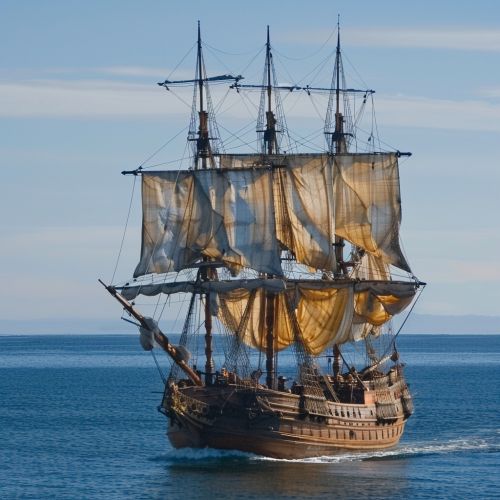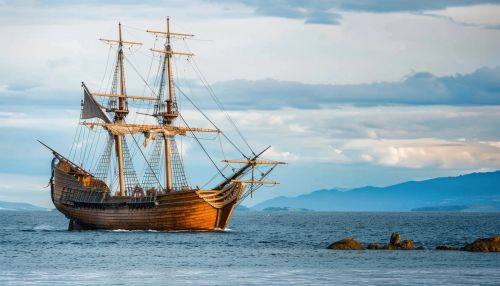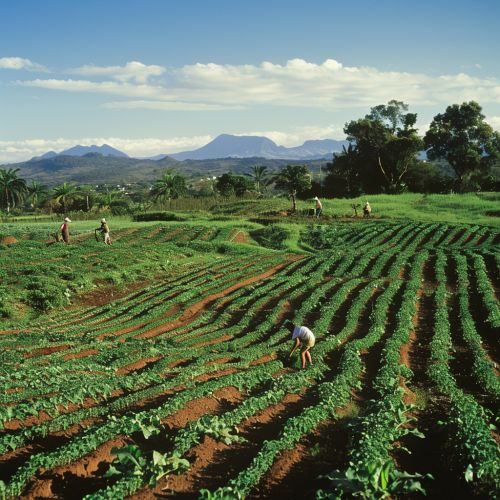Plymouth Colony
Establishment
The Mayflower voyage in 1620 marked the establishment of the Plymouth Colony. The Pilgrims, a group of English Puritans, sought religious freedom and a new life in the New World. They were initially aiming for the Virginia Colony but were blown off course, landing at what is now known as Plymouth, Massachusetts.


The Pilgrims established a legal contract, known as the Mayflower Compact, before disembarking. This document, signed by 41 of the male passengers, was crucial in establishing a self-governing colony based on majority rule and consent of the governed.
Early Years
The early years of the Plymouth Colony were fraught with hardship. The Pilgrims faced a harsh winter, inadequate food supplies, and disease. They were aided by the local Wampanoag tribe, who taught them how to cultivate corn, fish, and hunt local game. This assistance was instrumental in the survival of the colony.
The first Thanksgiving was celebrated in 1621, marking a successful harvest. This event was a three-day feast attended by 90 Native Americans and 53 Pilgrims, symbolizing peace and cooperation between the two groups.
Government and Laws
The Plymouth Colony was governed by a combination of civil law and religious principles. The Mayflower Compact served as the colony's constitution, establishing a democratic government where decisions were made by voting male members.
Plymouth Colony's legal structure was characterized by a system of "General Courts." These courts, composed of the colony's freemen, were responsible for legislation and election of officers. The colony's laws, known as the "Plymouth Colony Records," were heavily influenced by the Bible, particularly the Old Testament.
Economy
The economy of the Plymouth Colony was based on agriculture, fishing, and trading. The Pilgrims cultivated corn, barley, beans, and pumpkins. They also raised livestock such as pigs, chickens, and cattle. The colony's location near the coast facilitated fishing and trading with England and other colonies.


Relations with Native Americans
The Plymouth Colony maintained relatively peaceful relations with the local Native American tribes, particularly the Wampanoag. The two groups signed a peace treaty in 1621, which lasted for over 50 years. However, as more English settlers arrived and expanded their territories, tensions escalated, leading to conflicts such as King Philip's War in 1675.
Dissolution and Legacy
The Plymouth Colony was absorbed into the Massachusetts Bay Colony in 1691, marking the end of its independent status. However, the legacy of the Plymouth Colony is significant. It set a precedent for self-governance, religious freedom, and democratic practices in the New World. The colony's history and the story of the Pilgrims are still celebrated today in the annual Thanksgiving holiday.
